We have extended the deadline of the undergraduate humanities research fellowship to March 4, 2022. Applications should be submitted to uchi@uconn.edu. Please see the call for applications for more details.
Author: Della Zazzera, Elizabeth
20 Years of Fellows: Dexter Gabriel
DHMS: Teaching Machines
If you require accommodation to attend this event, please contact us at uchi@uconn.edu or by phone (860) 486-9057. We can request ASL interpreting and other accommodations offered by the Center for Students with Disabilities. The event will be presented with automated transcription.
The Digital Humanities and Media Studies Initiative presents:
Teaching Machines: The History of Personalized Learning
with Audrey Watters
February 17, 2022, 4:00–5:00pm
Live • Online • Registration required
Join us to hear Audrey Watters speak about her latest book, Teaching Machines: The History of Personalized Learning (MIT Press), which tells the pre-digital history of “personalized learning.” Watters demonstrates that the history of ed tech does not begin with videos on the internet, or even with the personal computer. Her book instead focuses on early twentieth-century teaching machines, the psychological theories that underpinned them, how they were reported on in the media, and how they shaped and were shaped by the cultures in which they were produced.
Audrey Watters is a writer and independent scholar who focuses on education technology—its politics and its pedagogical implications. Although she was two chapters into her Comparative Literature dissertation, she decided to abandon academia, and she now happily fulfills the one job recommended to her by a junior high aptitude test: freelance writer. She has written for The Baffler, The Atlantic, Vice, Hybrid Pedagogy, Inside Higher Ed, The School Library Journal, and elsewhere across the Web, but she is best known for the work on her own website Hack Education. Audrey has given keynotes and presentations on education technology around the world and is the author of several books, including The Monsters of Education Technology, The Revenge of the Monsters of Education Technology, The Curse of the Monsters of Education Technology, The Monsters of Education Technology 4, and Claim Your Domain. Her latest book, Teaching Machines (MIT Press), examines the pre-history of “personalized learning.” Audrey was a recipient of the Spencer Education Journalism Fellowship at Columbia University for the 2017–2018 academic year.
Cosponsored by the Center for Excellence in Teaching and Learning and the Neag School of Education.
In advance of her talk we will be hosting a book discussion on Teaching Machines February 10 at 3:00pm.
20 Years of Fellows: Joseph Ulatowski
DHMS and CETL: Teaching Machines Book Discussion Group
If you require accommodation to attend this event, please contact us at uchi@uconn.edu or by phone (860) 486-9057. We can request ASL interpreting and other accommodations offered by the Center for Students with Disabilities. The event will be presented with automated transcription.
The Digital Humanities and Media Studies Initiative and the Center for Excellence in Teaching and Learning invite you to a book discussion group about:
Teaching Machines: The History of Personalized Learning
by Audrey Watters
February 10, 2022, 3:00–4:00pm
Live • Online • Registration required.
UCHI and CETL are hosting a book discussion group about Audrey Watters’ new book Teaching Machines: The History of Personalized Learning (MIT, 2021). Watters is perhaps best known for her website Hack Education, which covers “the history of the future of education technology.” Teaching Machines expands on that project, looking at how the desire for a technical solution to the social problem of equality in education pre-date the digital era.
To participate in the book discussion, please register. The first twenty registrants with UConn email addresses will receive a free electronic copy of Teaching Machines (MIT Press, 2021). Please email uchi@uconn.edu to receive your ebook. We also have paper copies that can be picked up once our office reopens in February.
In conjunction with this event, Audrey Watters will give a virtual book talk on February 17, 2021 at 4:00pm. To attend the talk, register here.
Fellow’s Talk: Laura Mauldin on Our Anti-Body Politic
Surfacing (and Countering) Our Anti-Body Politic
Laura Mauldin (Associate Professor, Women’s Gender & Sexuality Studies & Human Development and Family Sciences, UConn)
with a response by Sherie Randolph (History, Georgia Institute of Technology)
Wednesday, February 2, 2022, 4:00pm.
Live • Online • Registration required
In this talk, I outline what I see as our society’s “anti-body politic.” An anti-body politic means that we all inhabit unreliable bodies, but we don’t want to talk about it or attend to that fact. We shy away from doing so because we live in a culture that worships at the altar of autonomy and independence, where needing care symbolizes everything we don’t want to be. Accordingly, our care infrastructure, an expression of our collective anti-body politic, is woefully insufficient. This means millions of disabled people and caregivers across the United States are left to try to survive without social safety nets, despite rising rates of disability and chronic illness and more complex care needs. After describing these ideas in more detail, I experiment with how we might begin to counter our anti-body politic.
Laura Mauldin is associate professor of Women’s Gender and Sexuality Studies and Human Development and Family Sciences at the University of Connecticut. She is currently writing a book about caregiving in the US that tells the intimate stories of spousal caregivers and their disabled partners’ lives to reveal how ableism shapes the US care crisis, but also how people create and build accessible worlds to survive. You can follow her on Twitter @mauldin_laura.
Sherie M. Randolph is an associate professor of history at the Georgia Institute of Technology and the founder of the Black Feminist Think Tank. Randolph’s first book Florynce “Flo” Kennedy: The Life of a Black Feminist Radical (University of North Carolina Press) examines the connections between the Black Power, civil rights, New Left, and feminist movements. Randolph is currently writing her second book, “Bad” Black Mothers: A History of Transgression. This project explores Black mothers who fashioned lives driven by a commitment to artistic, political, and intellectual work—but mothering their children was not a priority. A history of Black women who rejected culturally acceptable modes of parenting reveals both the constraints of Black mothering and the radical transgressions some Black mothers chose in hopes of creating purposeful lives.
Access note
This event will be presented with automated captioning, ASL interpretation, and computer-assisted real time transcription. If you require accommodation to attend this event, please contact us at uchi@uconn.edu or by phone (860) 486-9057. We can request other accommodations offered by the Center for Students with Disabilities.
You Should…Listen to Jeffrey O.G. Ogbar’s playlist for the exhibition Facing History: Social Commentary in Contemporary American Art (Amanda Douberley, Benton Museum)
In celebration of 20 years of UCHI and as part of our ongoing You Should… series, we’ve asked former fellows and other friends of the Institute to recommend something related to their work or process. Read them all here.
 UConn Professor Jeffrey O.G. Ogbar’s playlist for the exhibition Facing History: Social Commentary in Contemporary American Art, on view at the William Benton Museum of Art through March 11, 2022. The show presents work by artists who confront the legacies of past injustices and underscore the enduring impacts of American history on contemporary society. The playlist pairs specific works of art in the exhibition with songs from the 1960s to the present. For example, Ogbar juxtaposes And One (2011) by artist Hank Willis Thomas—a jarring image where the culture of lynching and the commodification around professional sports collide—with Childish Gambino’s “This is America”—a track that provocatively interrogates race and violence in American culture. Or, he asks us to consider how jazz singer and civil rights activist Nina Simone’s “Four Women” informs our experience of A Means to An End… A Shadow Drama in Five Acts (1995) by visual artist Kara Walker, and vice-versa. Listen to the playlist on Spotify or in the exhibition at The Benton.
UConn Professor Jeffrey O.G. Ogbar’s playlist for the exhibition Facing History: Social Commentary in Contemporary American Art, on view at the William Benton Museum of Art through March 11, 2022. The show presents work by artists who confront the legacies of past injustices and underscore the enduring impacts of American history on contemporary society. The playlist pairs specific works of art in the exhibition with songs from the 1960s to the present. For example, Ogbar juxtaposes And One (2011) by artist Hank Willis Thomas—a jarring image where the culture of lynching and the commodification around professional sports collide—with Childish Gambino’s “This is America”—a track that provocatively interrogates race and violence in American culture. Or, he asks us to consider how jazz singer and civil rights activist Nina Simone’s “Four Women” informs our experience of A Means to An End… A Shadow Drama in Five Acts (1995) by visual artist Kara Walker, and vice-versa. Listen to the playlist on Spotify or in the exhibition at The Benton.
– Amanda Douberley
Assistant Curator/Academic Liaison
The William Benton Museum of Art
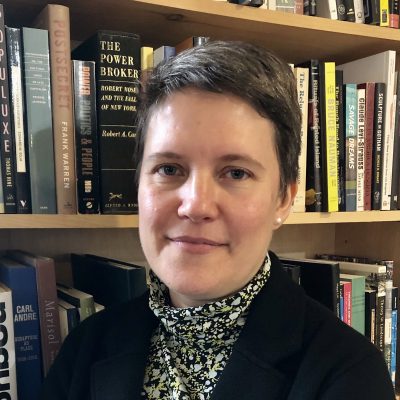 Who is Amanda Douberley? Amanda Douberley is Assistant Curator/Academic Liaison at the William Benton Museum of Art, where she is responsible for connecting the Benton’s collections and exhibitions with teaching in departments across the university. She has curated numerous exhibitions at the museum, often in collaboration with faculty and other campus partners. Amanda holds a Ph.D. from the University of Texas at Austin with a focus on 20th-century American sculpture and public art. Before coming to UConn in 2018, she taught in the Department of Art History, Theory, and Criticism at the School of the Art Institute of Chicago.
Who is Amanda Douberley? Amanda Douberley is Assistant Curator/Academic Liaison at the William Benton Museum of Art, where she is responsible for connecting the Benton’s collections and exhibitions with teaching in departments across the university. She has curated numerous exhibitions at the museum, often in collaboration with faculty and other campus partners. Amanda holds a Ph.D. from the University of Texas at Austin with a focus on 20th-century American sculpture and public art. Before coming to UConn in 2018, she taught in the Department of Art History, Theory, and Criticism at the School of the Art Institute of Chicago.
DHMS: The Digital Dissertation
If you require accommodation to attend this event, please contact us at uchi@uconn.edu or by phone (860) 486-9057. We can request ASL interpreting, computer-assisted real time transcription, and other accommodations offered by the Center for Students with Disabilities.
The Digital Humanities and Media Studies Initiative presents:
The Digital Dissertation
Anke Finger (UConn)
& Virginia Kuhn (University of Southern California)
February 3, 2022, 12:30–2:00pm
Live. Online (with automated captioning). Registration required.
Digital dissertations have been a part of academic research for years now, yet there are still many questions surrounding their processes. Are interactive dissertations significantly different from their paper-based counterparts? What are the effects of digital projects on doctoral education? How does one choose and defend a digital dissertation? Join the presentation of Shaping the Digital Dissertation: Knowledge Production in the Arts and Humanities (Open Book Publishers, 2021) to discuss precedents and best practices for graduate students, doctoral advisors, institutional agents, and dissertation committees. UCHI’s DHMS initiative offers a graduate certificate in Digital Humanities and Media Studies. Students interested in pursuing the certificate will find this talk especially valuable.
Anke Finger is professor of German, Media Studies, and Comparative Literary and Cultural Studies in the department of Literatures, Cultures, and Languages at UConn. A co-founder and co-editor (2005–2015) of the multilingual, peer reviewed, open access journal Flusser Studies, Anke Finger’s closely related scholarship in media studies originates from her work on the Czech-Brazilian philosopher Vilém Flusser. She co-authored the 2011 Introduction to Vilém Flusser, and she is a member of the Flusser project team at Greenhouse Studios. She edited Flusser’s The Freedom of the Migrant and co-edited the collection KulturConfusão: On German-Brazilian Interculturalities (2015). From 2016 to 2019 she served as the inaugural director of the Digital Humanities and Media Studies Initiative at the Humanities Institute; she also co-founded the CTDH network. She is the co-editor of Shaping the Digital Dissertation.
Virginia Kuhn is a Professor of Cinema in the Division of Media Arts + Practice. Her work centers on visual and digital rhetoric, feminist theory and algorithmic research methods. Her books include Shaping the Digital Dissertation: Knowledge Production in the Arts and Humanities (Open Book Publishers, 2021) and Future Texts: Subversive Performance and Feminist Bodies (Parlor Press, 2016). She has also published several peer-reviewed digital collections: The Video Essay: An Emergent Taxonomy of Cinematic Writing (The Cine-Files, 2016); MoMLA: From Panel to Gallery (Kairos, 2013) and From Gallery to Webtext: A Multimodal Anthology (Kairos, 2008). In 2005, Kuhn successfully defended one of the first born-digital dissertations in the United States, challenging archiving and copyright conventions. Committed to helping shape open source tools for scholarship, she also published the first article created in the authoring platform, Scalar titled “Filmic Texts and the Rise of the Fifth Estate,” (IJLM, 2010) and she serves on the editorial boards of several peer reviewed digital and print-based journals. She received the USC Faculty Mentoring Graduate Students award in 2017 and was the 2009 recipient of the USC Provost’s award for Teaching with Technology. Kuhn directs the undergraduate Honors in Multimedia Scholarship program, as well as the graduate certificate in Digital Media and Culture, and teaches a variety of graduate and undergraduate classes in new media, all of which marry theory and practice.
Fellow’s Talk: Meina Cai on Negotiation and Land Rights in China
The Art of Negotiations: Legal Discrimination, Contention Pyramid, and Land Rights Development in China
Meina Cai (Assistant Professor, Political Science & Asian and Asian American Studies, UConn)
with a response by Kathryn Moore (Art and Art History, UConn)
Wednesday, January 26, 2022, 4:00pm.
Live • Online • Registration required
How and how much do land-dispossessed villagers protect their property rights in a context where the legal framework discriminates against them? Contradictory to the existing research that pays much attention to protests, this research identifies negotiations as a strategy of the dispossessed to engage with local governments and improve their compensation arrangement. Negotiations, together with petitions, protests, and violence, form a pyramid-shaped structure of contention. More importantly, these negotiations focus on local specific considerations that are not specified in formal compensation policy—which I call “non-programmatic compensation” (NPC). NPC negotiations create a fragmented compensation regime that combines low, stagnant, and less locally diversified formal compensation standards with dynamic and locality-specific informal NPC negotiation deals. The arguments are developed using extensive field research, an original dataset of local land compensation policies, and surveys of rural households, rural cadres, and local government officials. It helps explain the puzzle why formal compensation policy standards remain low despite an increasing number of protests against land takings.
Meina Cai is an Assistant Professor of Political Science and Asian/Asian American Studies Institute at UConn. Her research focuses on the political economy of development and institutions. She is currently working on land property rights, urbanization, and rural governance in China. She is a UCHI fellow in 2021–2022.
Kathryn Blair Moore received her PhD in art history from the Institute of Fine Arts, New York University, and has previously taught at Texas State University, the University of Hong Kong, the University of California, Berkeley, and the University of Pittsburgh. Her research and teaching span the medieval and Renaissance periods in Europe and the Mediterranean region, with a particular focus on cross-cultural exchange between Christian and Islamic cultures. Her first book, The Architecture of the Christian Holy Land: Reception from Late Antiquity through the Renaissance (Cambridge University Press, 2017), received a Prose award in art history / criticism and the Medieval Institute’s Otto Gründler Book Prize. She is currently writing a book on the emergence and development of the concept of the arabesque in a European context. Her research has been supported by grants and fellowships from Harvard University’s Villa I Tatti, the American Academy in Rome, the American Philosophical Society, and the American Council of Learned Societies.
Access note
This event will be presented with automated captioning. If you require accommodation to attend this event, please contact us at uchi@uconn.edu or by phone (860) 486-9057. We can request ASL interpreting, computer-assisted real time transcription, and other accommodations offered by the Center for Students with Disabilities.
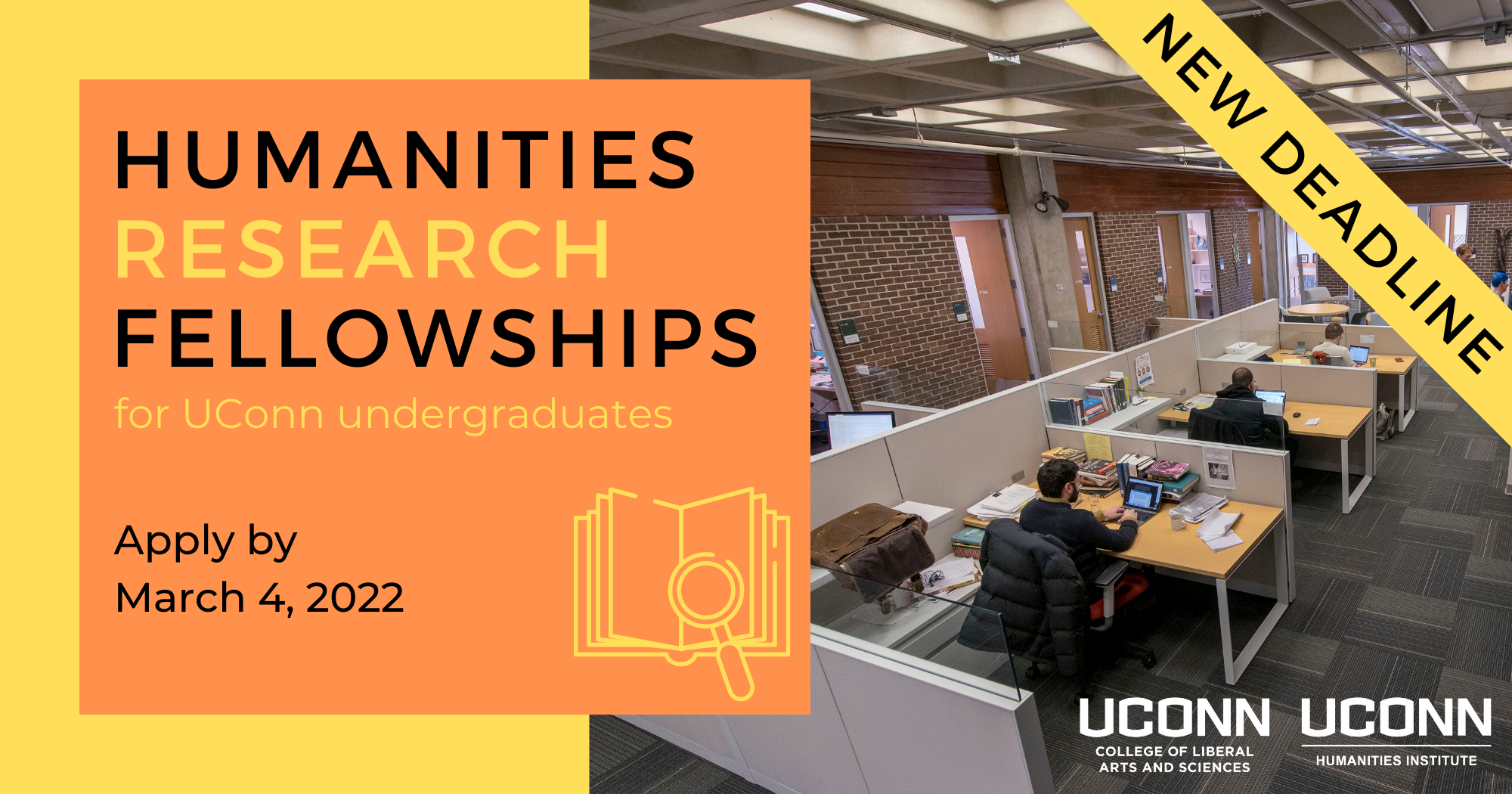
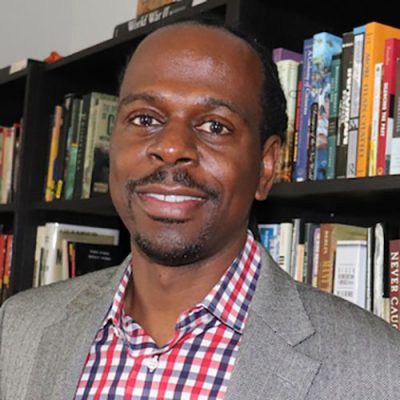 2018–2019 Faculty Fellow Dr. Dexter Gabriel is Assistant Professor of History at UConn. He earned his B.A. in history from Texas State University-San Marcos, an M.A. in history also from Texas State University-San Marcos, and his Ph.D. in history from Stony Brook University-New York. His research interests include the history of bondage, resistance, and freedom in the Black Atlantic, as well as interdisciplinary approaches to slavery within popular culture and media. His current research explores British Emancipation in the Anglo-Caribbean and its impact on abolitionist strategies in nineteenth-century North America. His work has been translated into the social arena through panel discussions, lectures, articles, and interviews as diverse as the Federal Reserve Bank of Virginia to Voice of America, BBC America, and elsewhere
2018–2019 Faculty Fellow Dr. Dexter Gabriel is Assistant Professor of History at UConn. He earned his B.A. in history from Texas State University-San Marcos, an M.A. in history also from Texas State University-San Marcos, and his Ph.D. in history from Stony Brook University-New York. His research interests include the history of bondage, resistance, and freedom in the Black Atlantic, as well as interdisciplinary approaches to slavery within popular culture and media. His current research explores British Emancipation in the Anglo-Caribbean and its impact on abolitionist strategies in nineteenth-century North America. His work has been translated into the social arena through panel discussions, lectures, articles, and interviews as diverse as the Federal Reserve Bank of Virginia to Voice of America, BBC America, and elsewhere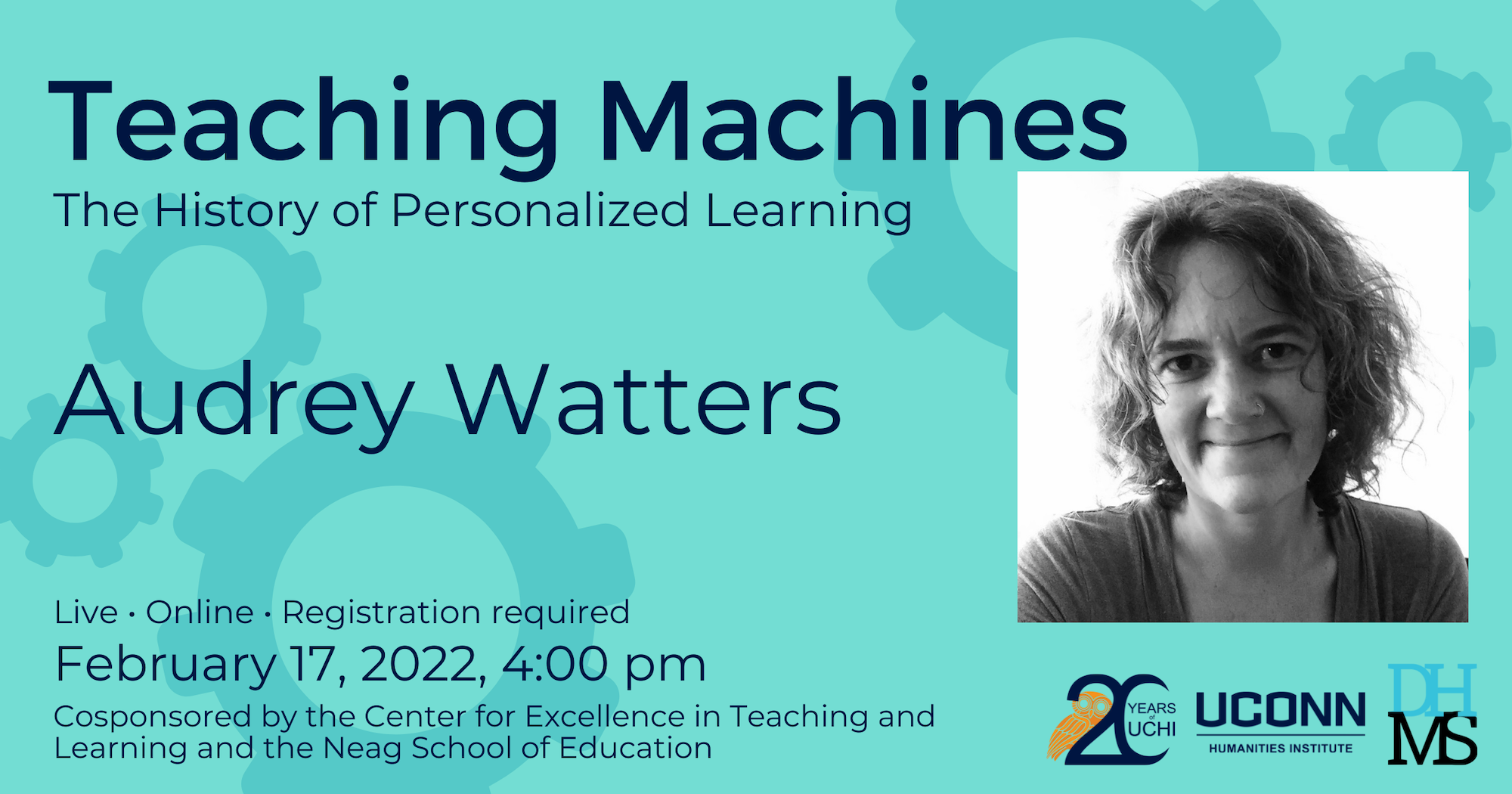
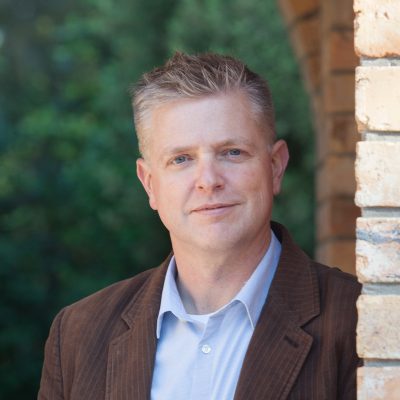 2019–2020 Visiting Fellow Joseph Ulatowski is Senior Lecturer in Philosophy, and Director of the Experimental Philosophy Research Group at the University of Waikato. His research focus is the nature and value of truth, the problem of action individuation, self-narratives, and practical challenges that arise from these theoretical areas. His approach to these matters is pluralistic, employing both traditional philosophical methods and empirical methods.
2019–2020 Visiting Fellow Joseph Ulatowski is Senior Lecturer in Philosophy, and Director of the Experimental Philosophy Research Group at the University of Waikato. His research focus is the nature and value of truth, the problem of action individuation, self-narratives, and practical challenges that arise from these theoretical areas. His approach to these matters is pluralistic, employing both traditional philosophical methods and empirical methods.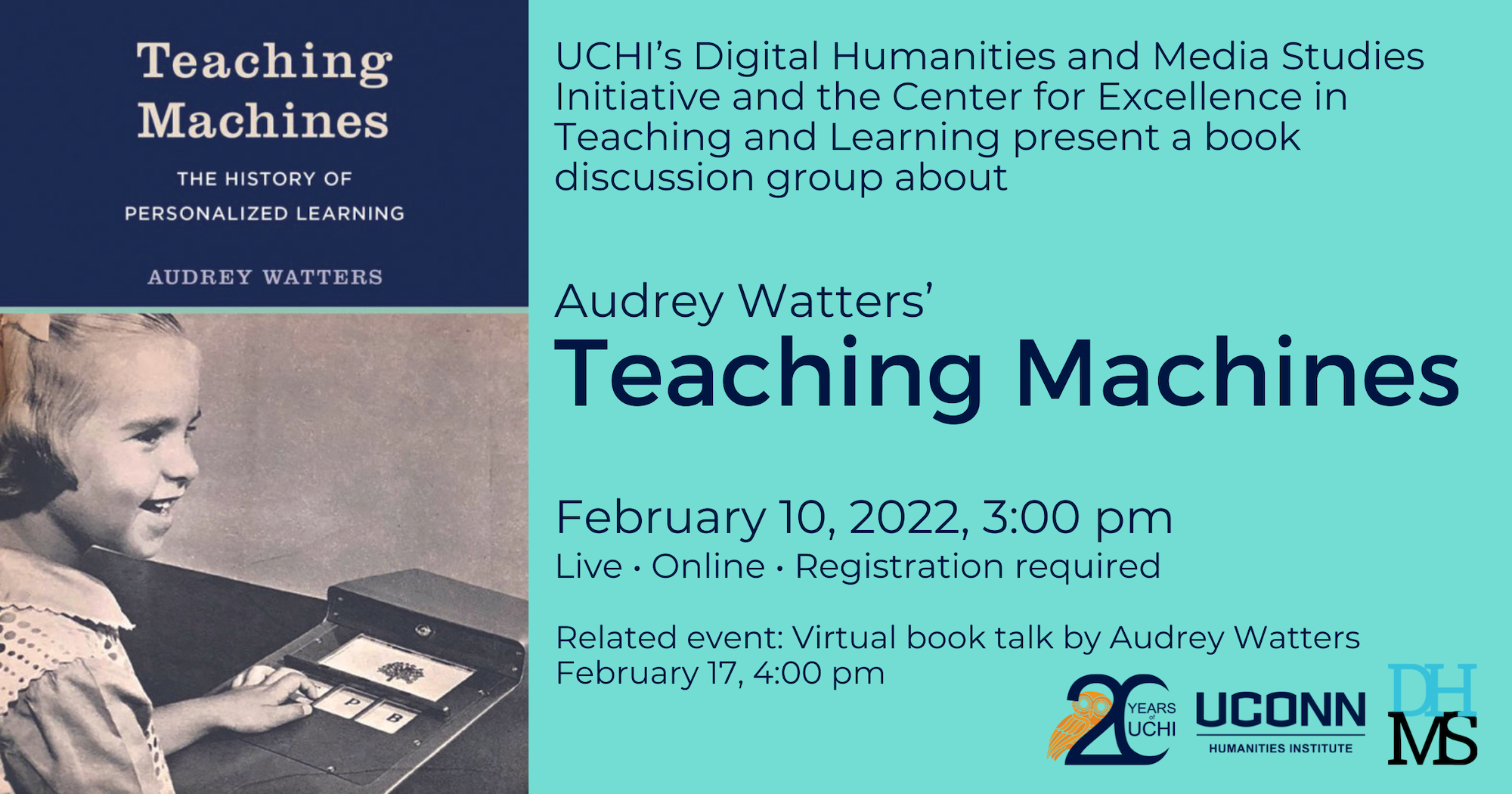

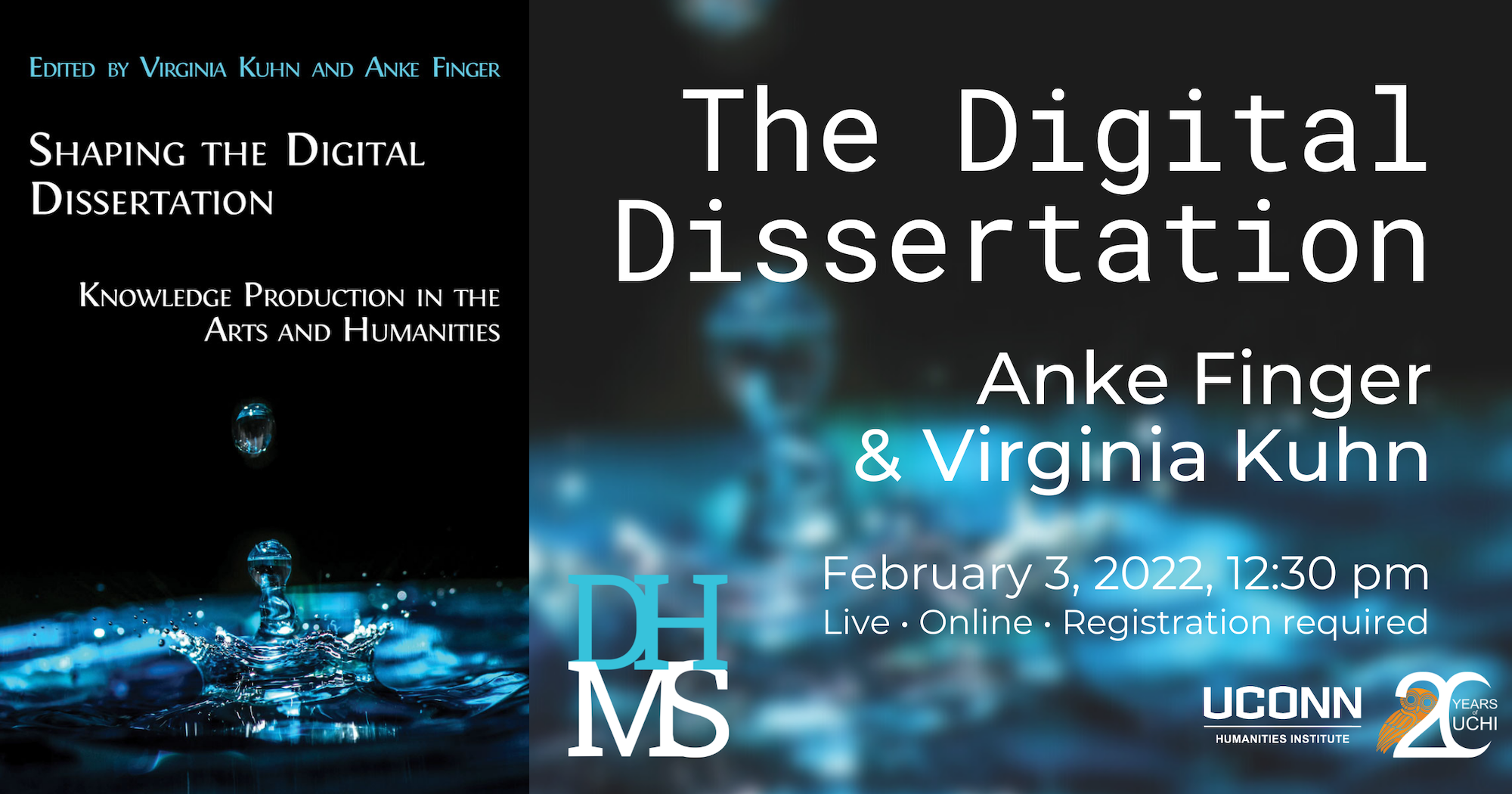
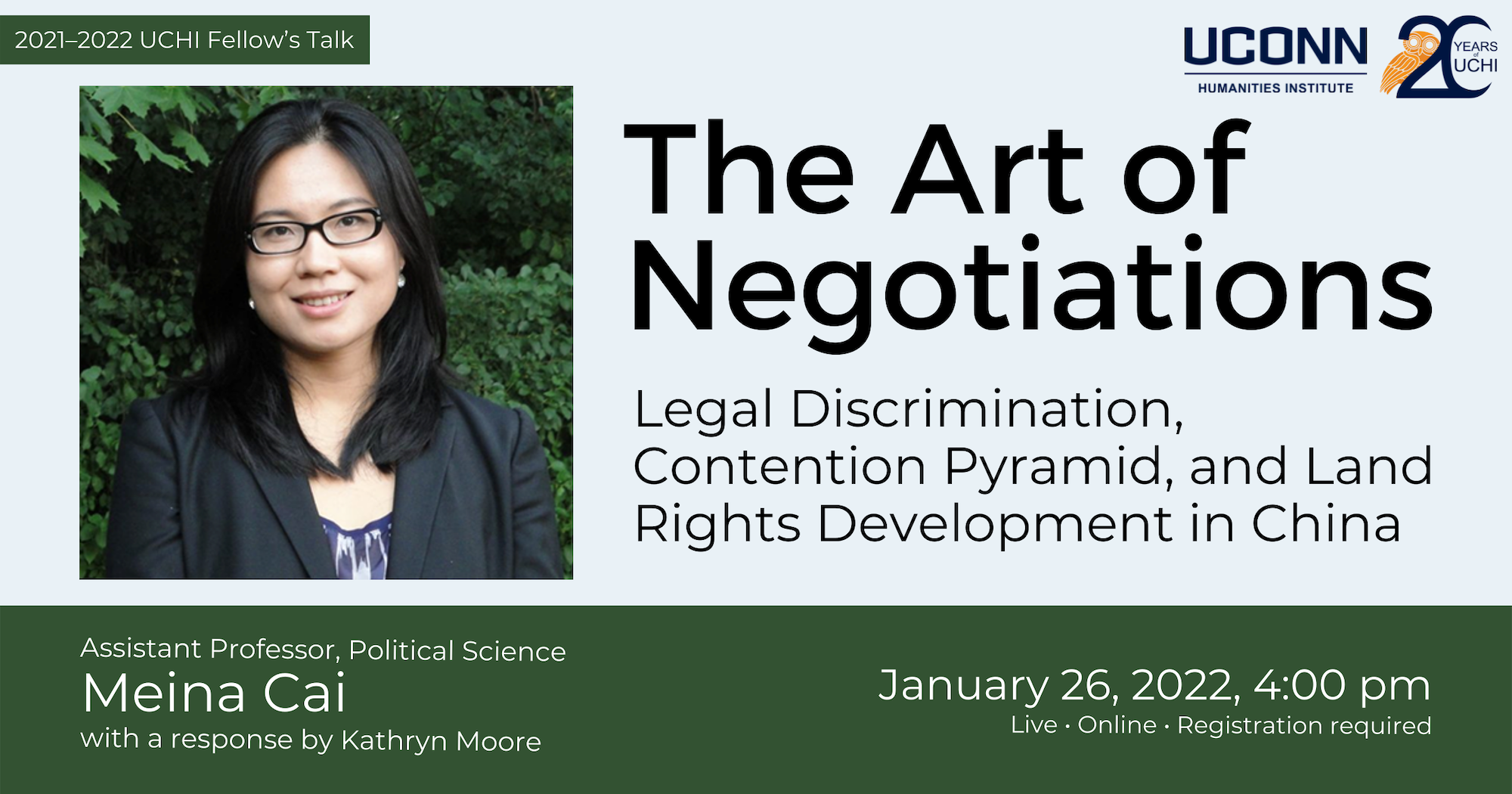
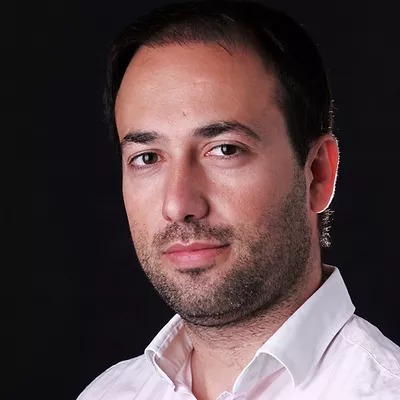 2016–2017 Faculty Fellow Dimitris Xygalatas is Associate Professor of Anthropology at UConn. His interests include ritual, sports, cooperation, the interaction between cognition and culture, and the impact of cultural practices on psychophysiological wellbeing. His research combines laboratory and field methods to study human interaction in real-life settings. He has conducted several years of fieldwork in Southern Europe and Mauritius. Before coming to UConn, he held positions at the universities of Princeton, Aarhus, and Masaryk, where he served as Director of the Laboratory for the Experimental Research of Religion (LEVYNA). At UConn, he directs the
2016–2017 Faculty Fellow Dimitris Xygalatas is Associate Professor of Anthropology at UConn. His interests include ritual, sports, cooperation, the interaction between cognition and culture, and the impact of cultural practices on psychophysiological wellbeing. His research combines laboratory and field methods to study human interaction in real-life settings. He has conducted several years of fieldwork in Southern Europe and Mauritius. Before coming to UConn, he held positions at the universities of Princeton, Aarhus, and Masaryk, where he served as Director of the Laboratory for the Experimental Research of Religion (LEVYNA). At UConn, he directs the 
